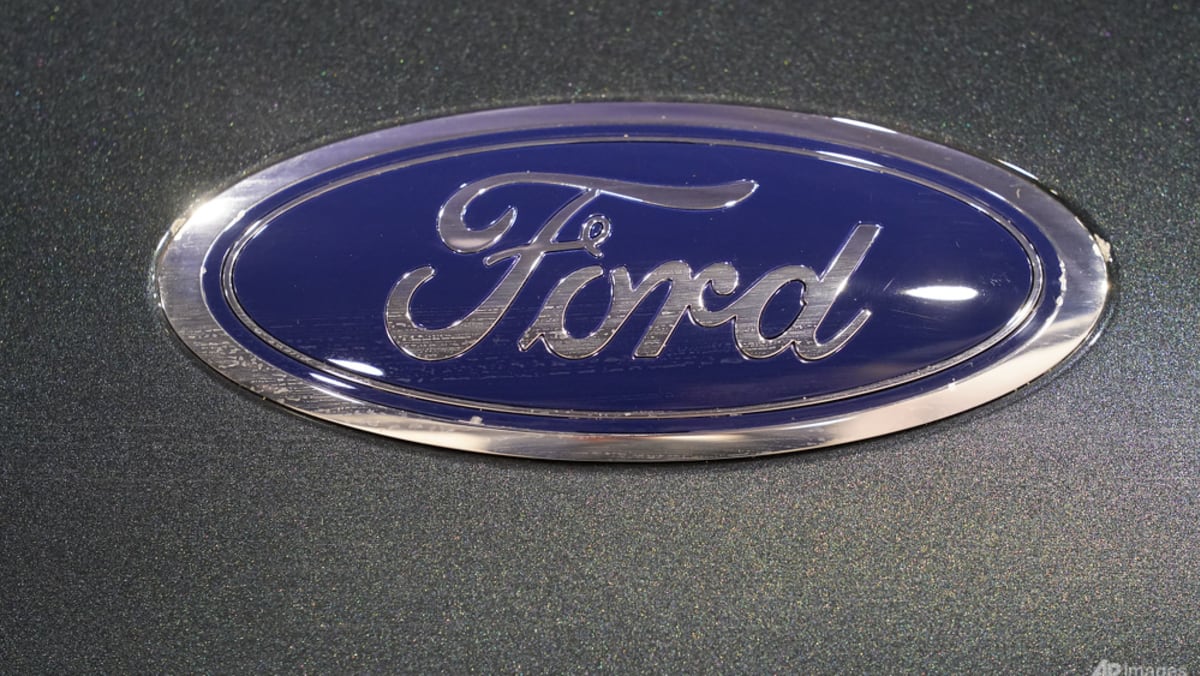NEW YORK: Ford reported a 65 per cent drop in first-quarter profits Monday (May 5), citing a near-term drag on auto sales from new vehicle launches, as it withdrew its forecast amid tariff uncertainty.
The carmaker estimated a full-year net hit of about US$1.5 billion in adjusted operating earnings following President Donald Trump’s myriad tariff actions since returning to the White House in January.
The company has implemented some supply chain changes to mitigate any blowback from Trump’s tariffs, shaving US$1 billion from the overall tariff drag, which Ford estimated at US$2.5 billion after levies on imported finished vehicles, steel and aluminium and imported parts.
“Our teams have done a lot to minimise the impact of tariffs on our business,” chief financial officer Sherry House said on a conference call with reporters.
Profits came in at US$471 million, beating analyst expectations but just over a third of the level in the 2024 period, with revenues falling 5 per cent to $40.7 billion.
In the first quarter, Ford wholesale units fell 7 per cent from the year-ago level, a drop the automaker had previously telegraphed due to slowed output at plants in Kentucky and Michigan where new vehicles are being launched.
In March, Ford began shipping the new Ford Expedition and Lincoln Navigator to customers.
Profits fell in Ford’s “Pro” division, which is geared toward fleet and sales to businesses, and in its “Blue” division, which consists of conventional internal combustion engine cars. But losses declined in Ford’s electric vehicle division.
Ford described its underlying business as “strong,” saying it had been on track with the prior projection of between US$7 and US$8.5 billion in adjusted operating earnings, excluding tariff-related impacts.
Ford’s measures to limit tariffs thus far include adjusting vehicle shipments from Mexico to Canada to avoid triggering US tariffs, said House. The company was also avoiding levies on parts that “merely pass through the US”.
Last week, Trump announced steps to mitigate tariffs on auto parts, permitting companies to offset a fraction of imported part costs for two years to allow automakers time to relocate supply chains.
While the White House has not done anything to lessen the drag of 25 per cent tariffs on finished autos, House said Ford expects an offset from US-made parts assembled in foreign plants.
